
Spectacular Vintage Photos Give Us A Glimpse Into What Type Of Clothes Were Worn By Women From The Azores
The Azores is an archipelago composed of nine volcanic islands in the North Atlantic Ocean. Sounds a little dark and mysterious, doesn’t it? Wait ’till you see their clothes.
The Azorean Hood (in Portuguese, ‘Capote e Capelo’) is a traditional local garment worn up until the 1930s. The large cape covers a woman’s figure, allowing only a glimpse of her face.
Nobody knows the true origin of the hood, but there are some who think it was brought by Flemish settlers. During the 15th and 16th centuries, Flemish, Genovese, British and French joined the people of Portugal mainland to settle in the Azores islands.
(h/t vintageeveryday)
Image credits: alice bernardo
Image credits: Edição Postal
According to Joana Avila, the Azorean hood was passed down from mothers to daughters and embedded two economic activities, also brought to the islands by the settlers. “It was dyed a rich blue hue from woad and it was shaped with whale bones,” she wrote on European Heritage Days.
The export of the dye plant became one of the pillars of the Azorean economy. In the 16th and 17th centuries, woad was shipped to dyeing works in faraway Flanders.
Whaling also had a central role in the economy of the islands. The first documentary reference to the capture of whales in the waters of the Azores dates back to the 16th century and the presence of English whalers was documented in the 18th century.
Interestingly, in the 1980s the Azores converted from a whaling industry to a whale-watching one. “Although resistant at first, research indicates that local inhabitants are satisfied with the income that whale watching generates for them and their families and that they feel safer in this new activity,” Avila said.
Image credits: José da Silva Maia
Image credits: azores
Image credits: historiadosacores
The hood itself varied from island to island in the cut of the cape and the arrangement of the cowl. Faial, for example, had the extravagant shape of a wedge resting on the shoulders and which jutted out in front for over a palm.
Image credits: azores
Image credits: cartas-e-postais
Image credits: cartas-e-postais
Image credits: alice bernardo
Image credits: todocoleccion
Image credits: cartas-e-postais
Image credits: Wilhelm Tobien
Image credits: hippostcard
Image credits: alice bernardo
Image credits: cartas-e-postais
Image credits: wikitree
Image credits: theclubofcompulsivereaders
Image credits: hippostcard
Image credits: alice bernardo
Image credits: Hanns Tschira
Image credits: millenniumdragon
Some think that the Azorean Hood inspired costumes for the TV series The Handmaid’s Tale
Image credits: HBO
Here’s what people said about it
147Kviews
Share on FacebookI would wear this so I did not have to make eye contact or small talk with strangers while I am out.
And it kind of looks cozy in that pic where they have their arms crossed in the hoods.
Load More Replies...I didn't even started reading the article, show that first photo and came here to say the same. She looks exactly like Aunt Lydia.
Load More Replies...Does anyone here have more information aboutthis? I mean why they wore such clothes?
What little I can find speculates that the hoods may have been an influence of early Flemmish religious groups known as the beghards and beguines. The wikipedia article (https://en.wikipedia.org/wiki/Beguines_and_Beghards) notes that, at some point, there was some criticism of the benguines and that the term became synonymous with an ostentatiously or even obnoxiously religious woman. I suspect the hood started as a sort of ostentatious symbol of righteousness that made its way into generations of tradition. I could be wrong, of course, I have very little information to go on, but it appears to have been more of a status symbol than forced modesty as far as I can tell.
Load More Replies...I would wear this so I did not have to make eye contact or small talk with strangers while I am out.
And it kind of looks cozy in that pic where they have their arms crossed in the hoods.
Load More Replies...I didn't even started reading the article, show that first photo and came here to say the same. She looks exactly like Aunt Lydia.
Load More Replies...Does anyone here have more information aboutthis? I mean why they wore such clothes?
What little I can find speculates that the hoods may have been an influence of early Flemmish religious groups known as the beghards and beguines. The wikipedia article (https://en.wikipedia.org/wiki/Beguines_and_Beghards) notes that, at some point, there was some criticism of the benguines and that the term became synonymous with an ostentatiously or even obnoxiously religious woman. I suspect the hood started as a sort of ostentatious symbol of righteousness that made its way into generations of tradition. I could be wrong, of course, I have very little information to go on, but it appears to have been more of a status symbol than forced modesty as far as I can tell.
Load More Replies...
 Dark Mode
Dark Mode 

 No fees, cancel anytime
No fees, cancel anytime 


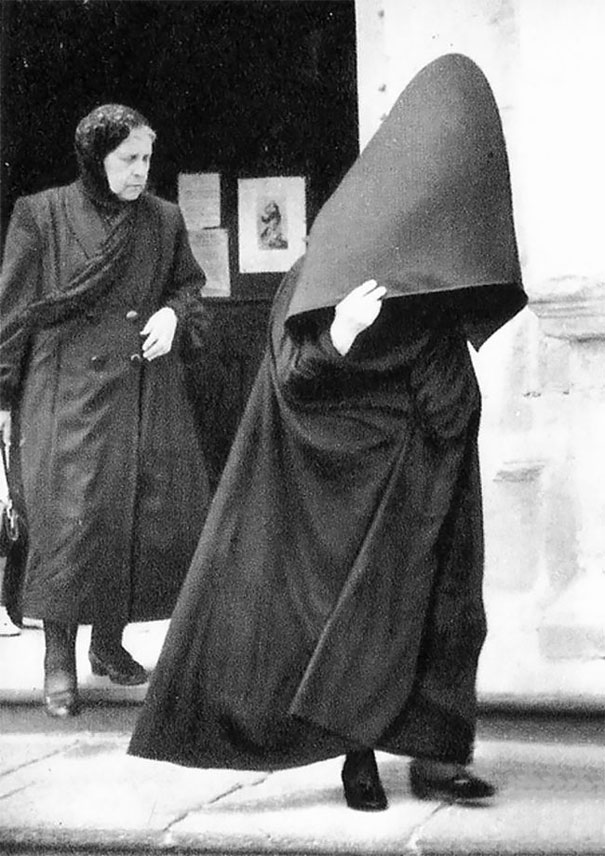
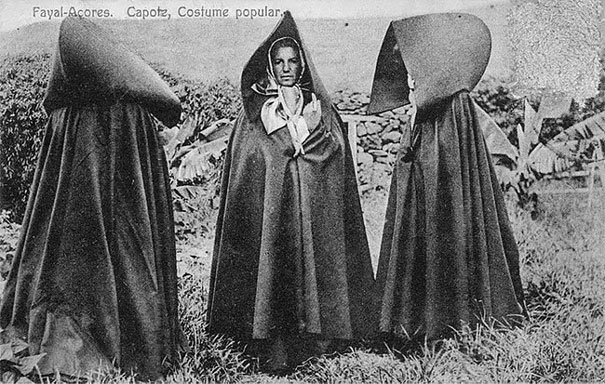
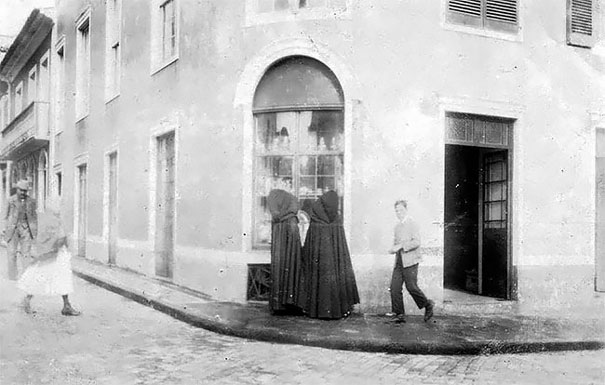
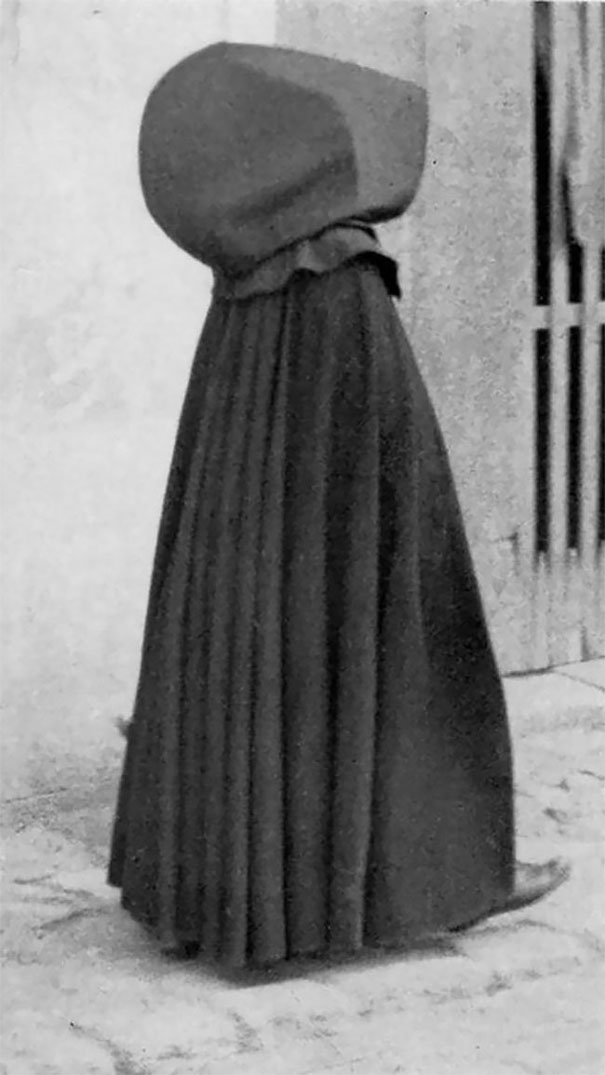

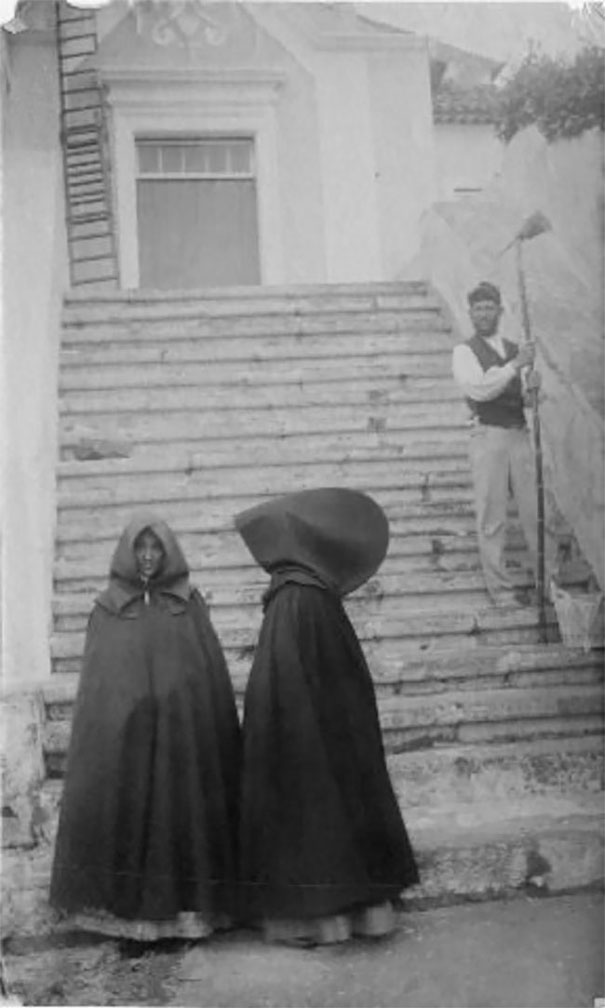
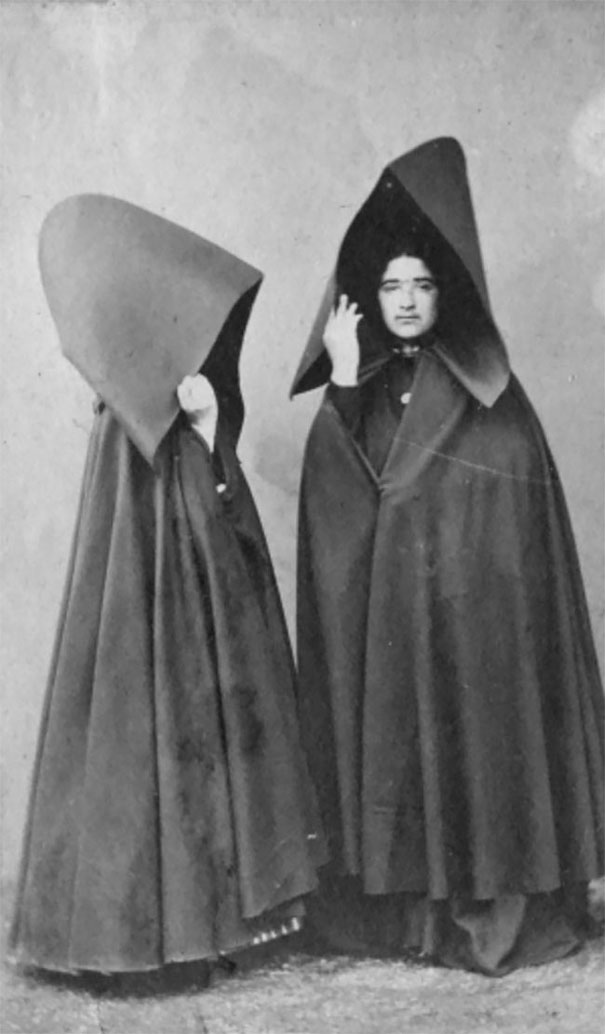
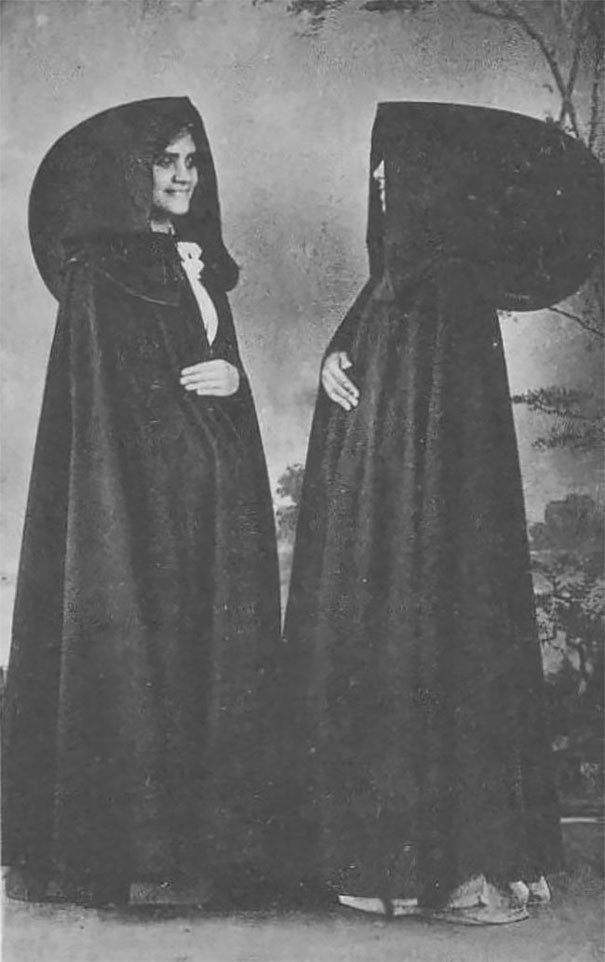
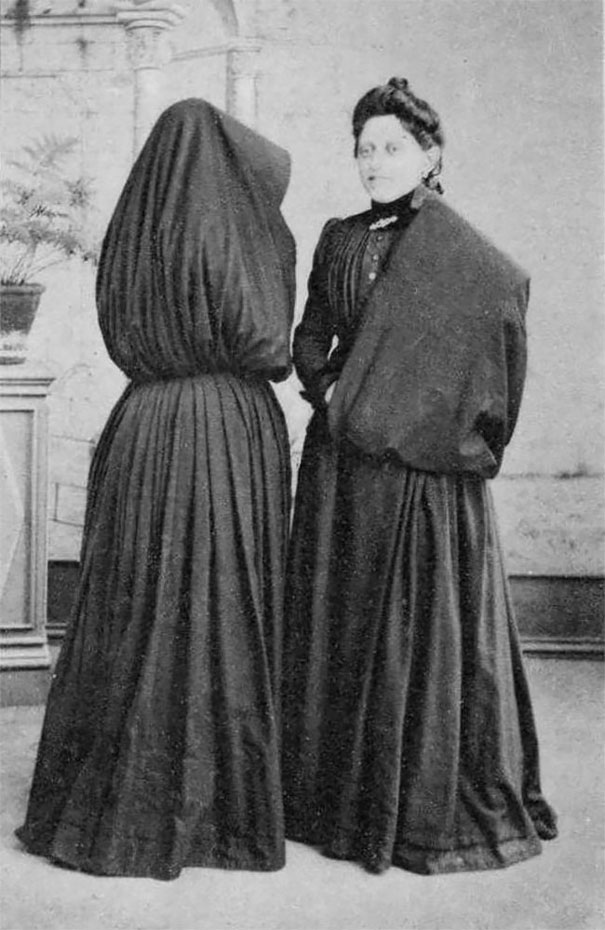
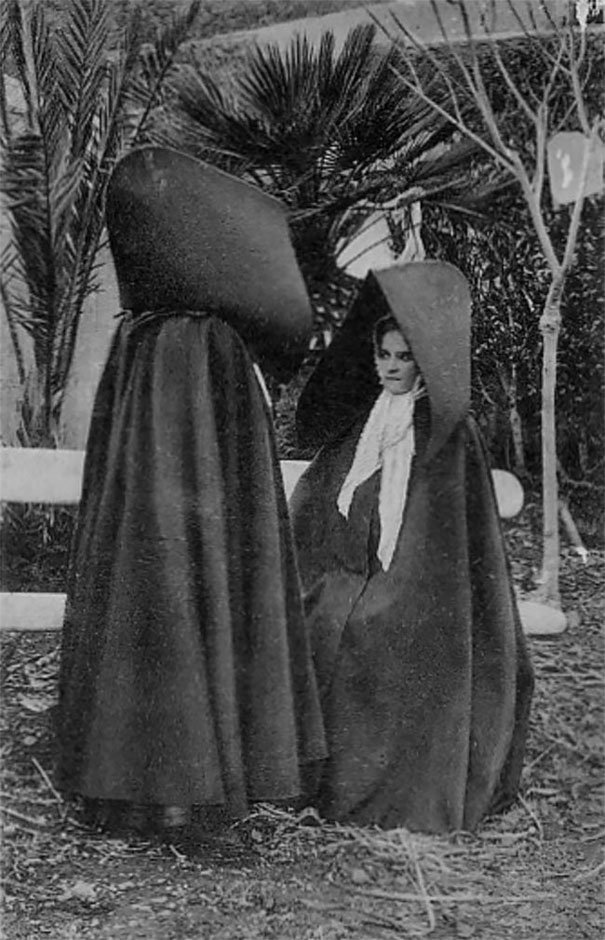
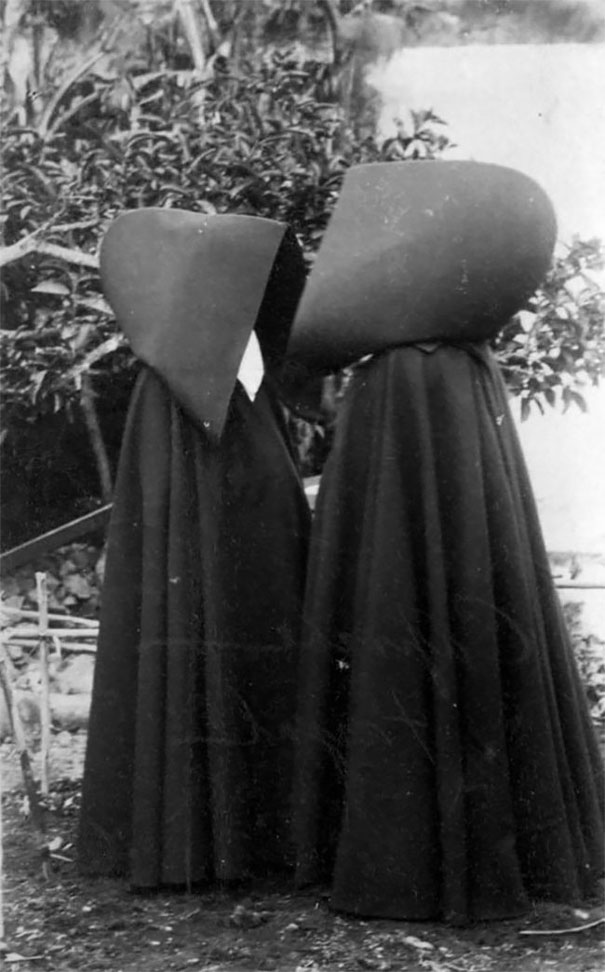
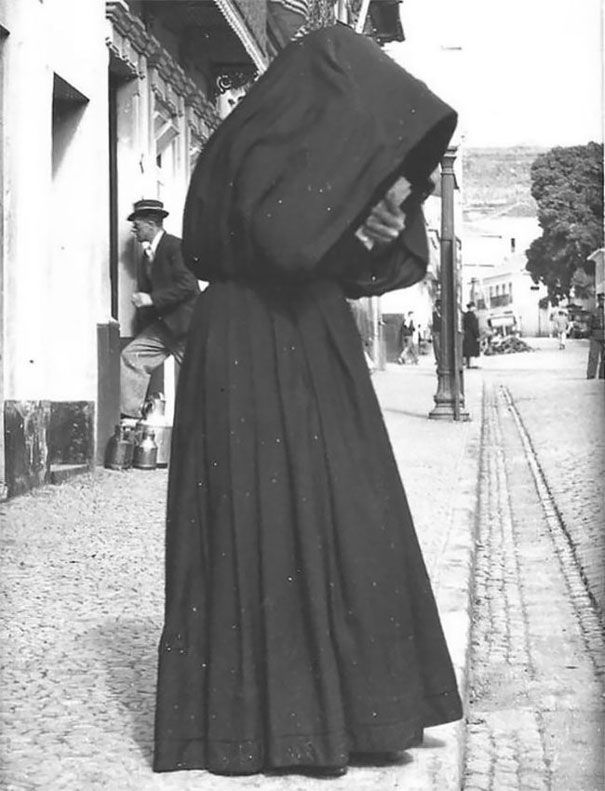
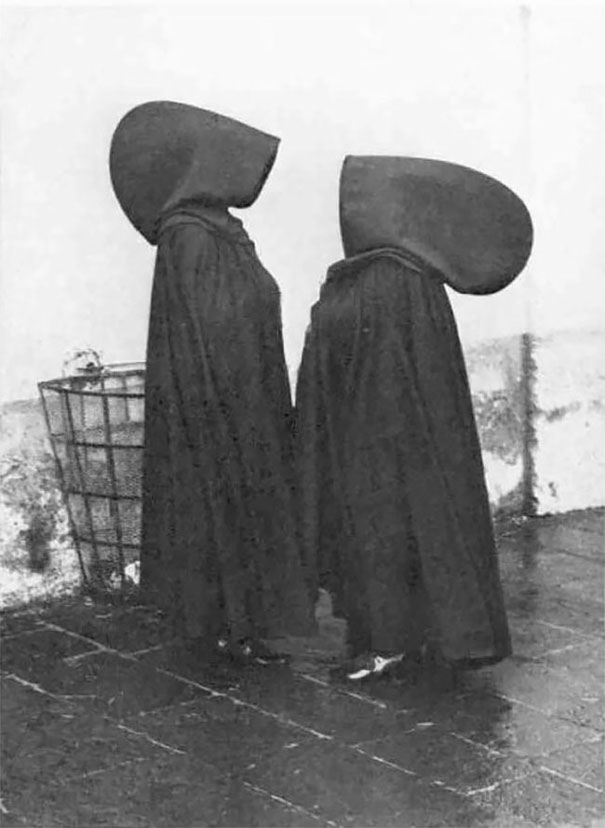
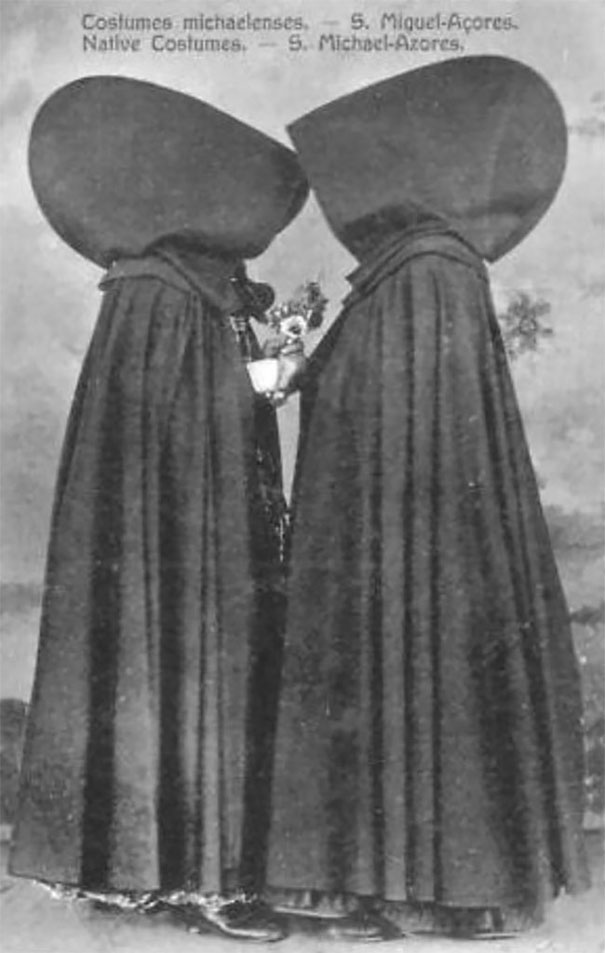
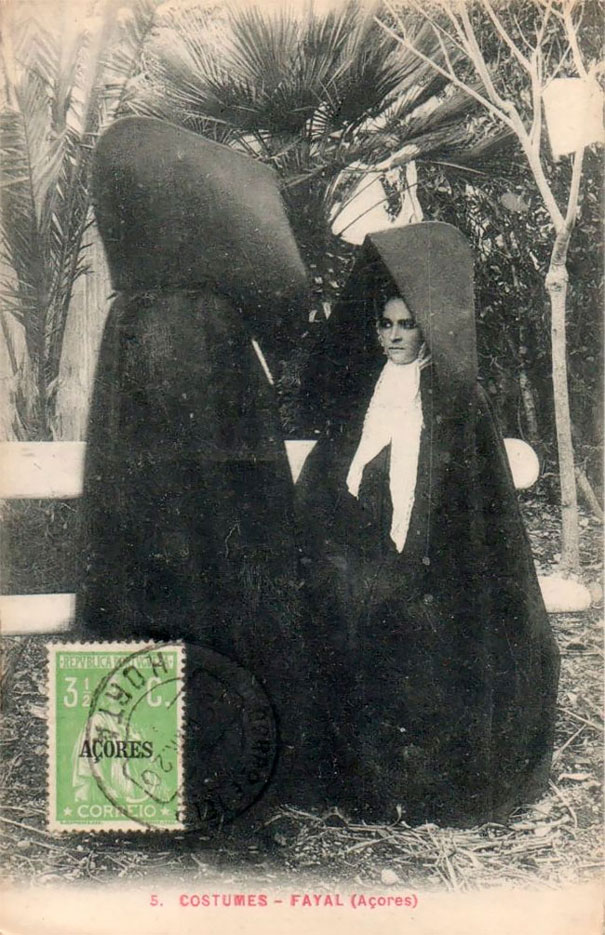
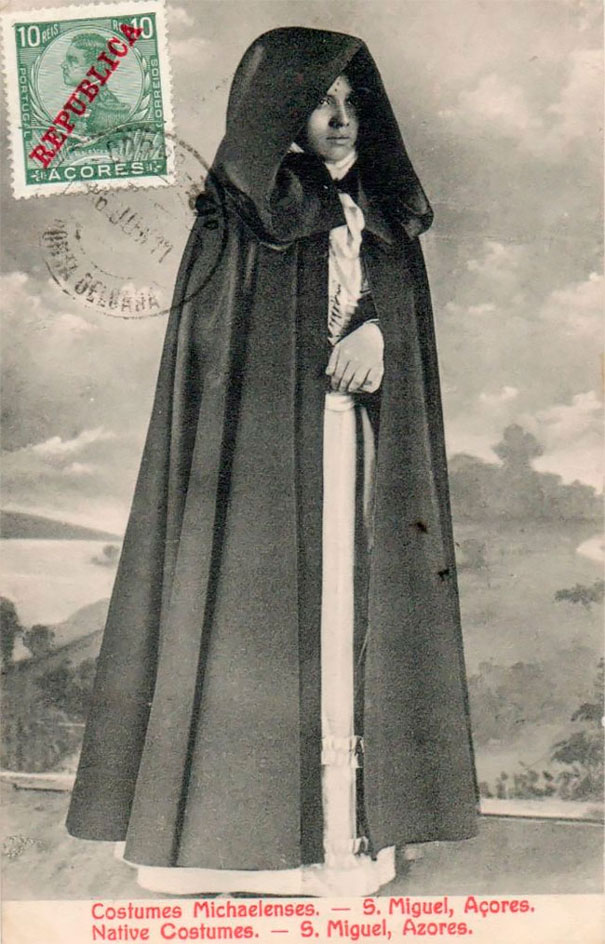
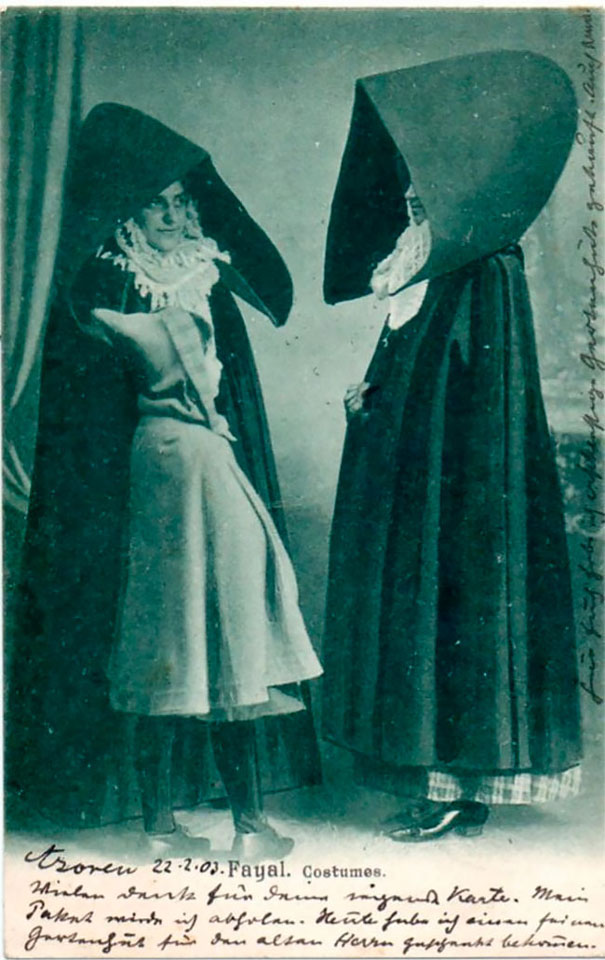
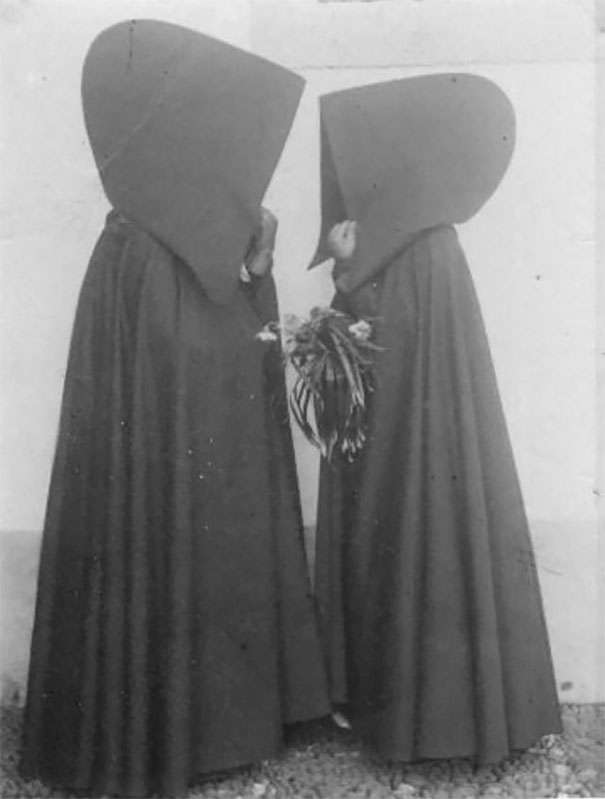
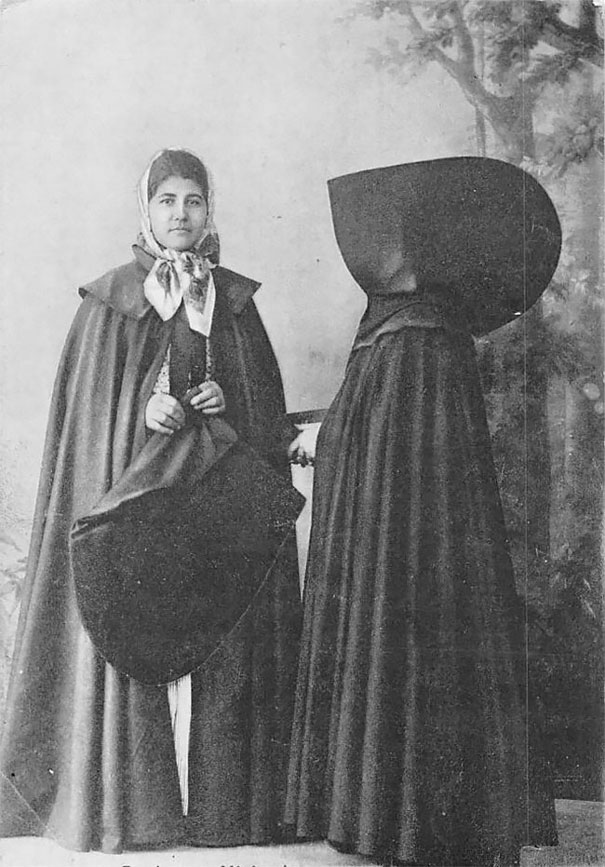
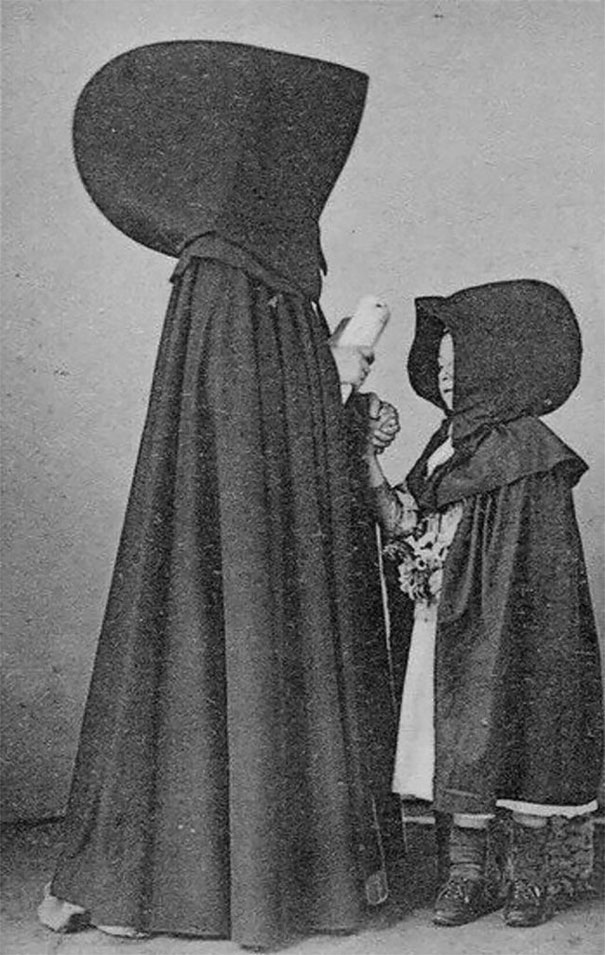
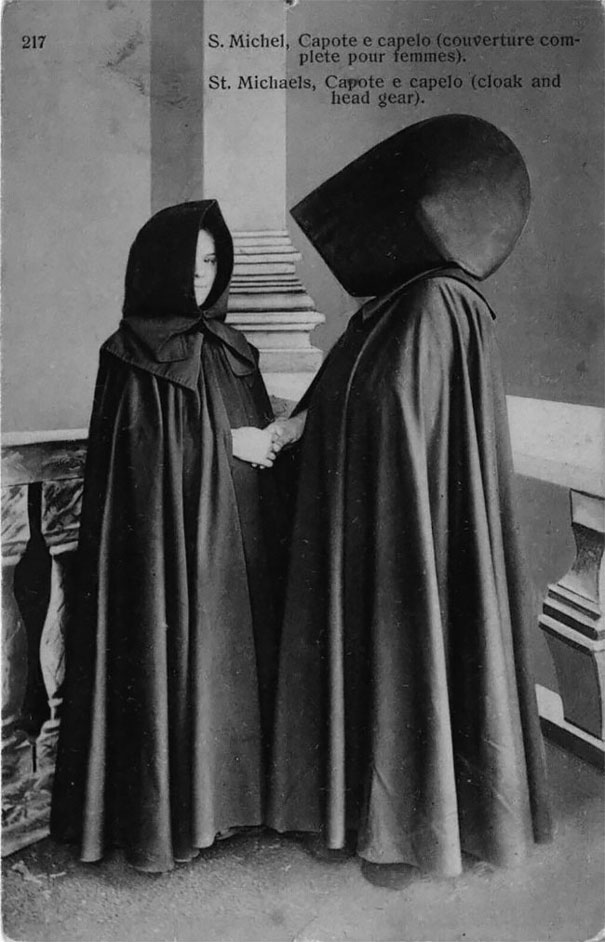
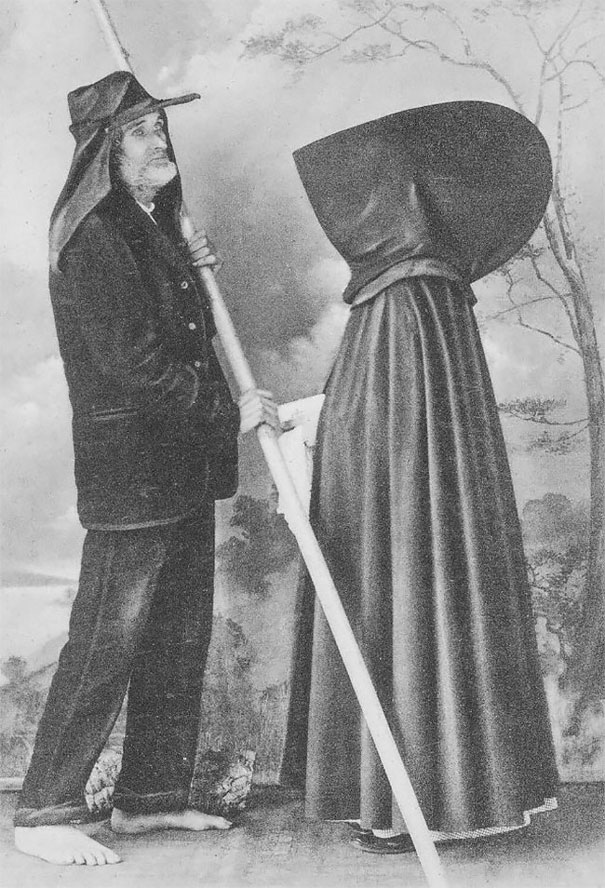
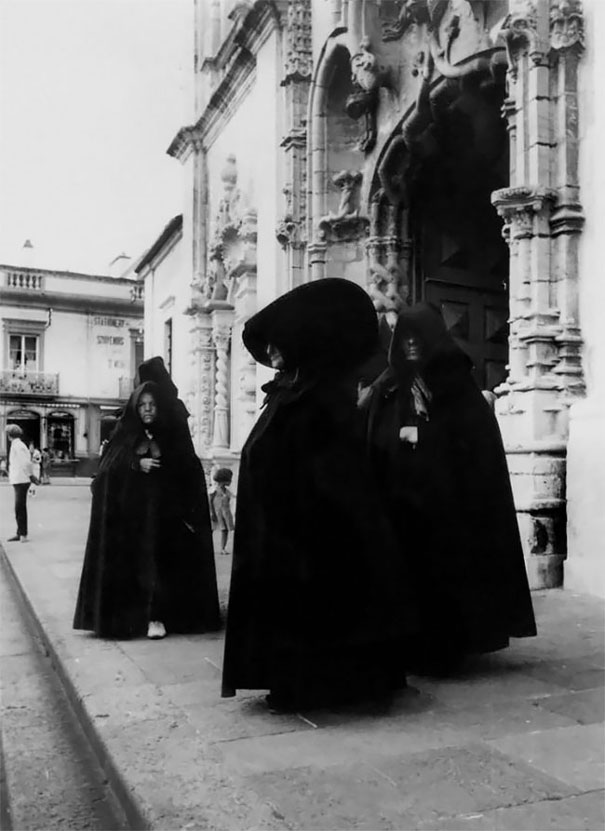
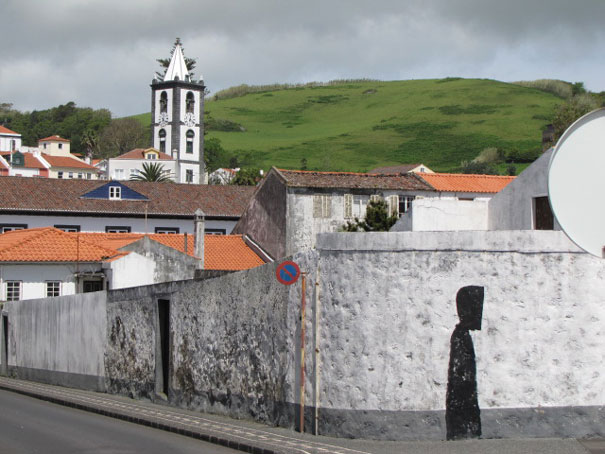

















































189
85